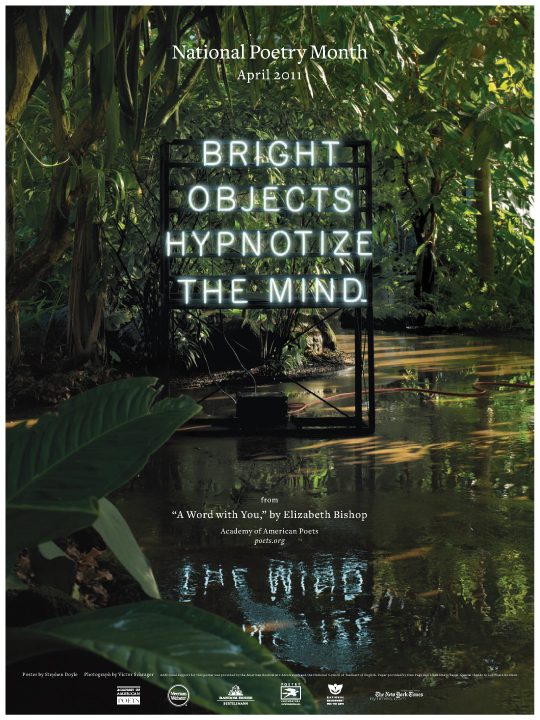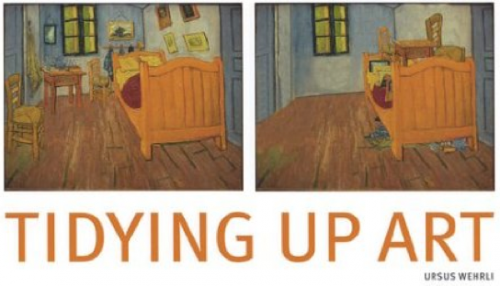It’s April, it’s spring, and it’s National Poetry Month in the U.S. This is a good occasion to scan the web for poetry. We found some gems to brighten up our lifes, hypnotize our minds and remind us of our forgetfulness.
Animated Poetry
Animated poetry can be a mesmerizing way to rediscover and enjoy poems. One of our favourites is Julian Grey’s animation of Billy Collins’ poem “Forgetfulness”. The animation underlines the intelligent humor and insight, Billy Collins’ poems are loved for.
Forgetfulness
The name of the author is the first to go
followed obediently by the title, the plot,
the heartbreaking conclusion, the entire novel
which suddenly becomes one you have never read,
never even heard of,as if, one by one, the memories you used to harbor
decided to retire to the southern hemisphere of the brain,
to a little fishing village where there are no phones.Long ago you kissed the names of the nine Muses goodbye
and watched the quadratic equation pack its bag,
and even now as you memorize the order of the planets,something else is slipping away, a state flower perhaps,
the address of an uncle, the capital of Paraguay.Whatever it is you are struggling to remember,
it is not poised on the tip of your tongue,
not even lurking in some obscure corner of your spleen.It has floated away down a dark mythological river
whose name begins with an L as far as you can recall,
well on your own way to oblivion where you will join those
who have even forgotten how to swim and how to ride a bicycle.No wonder you rise in the middle of the night
to look up the date of a famous battle in a book on war.
No wonder the moon in the window seems to have drifted
out of a love poem that you used to know by heart.
Spoken Word Poetry @TED
Sarah Kay is one of the founders of Project V.O.I.C.E, a lovely project that aims to use poetry as a way to entertain and educate. Sarah’s TED Talk “If I should have a daughter, instead of Mom, she’s gonna call me Point B … “ recently inspired standing ovations. Enjoy!
PDF Poetry For The Busy
The Academy of American Poets, spin doctor of the National Poetry Month, aims to bring poetry to everyday life. The Academy wants to get even the busiest people involved. Take for example these pocket-sized poem PDFs. You can click a pocket and share the attached poems with others. Download, print, and enjoy!
 |
 |
 |
 |
 |
 |
 |
 |
 |
 |
 |
 |
 |
 |
 |
 |
 |
 |
 |
 |
 |
 |
 |
 |
iPhone Poetry
The App Store wouldn’t be the App Store if there wasn’t a handy app that brings poetry to our touchscreens. “Poem Flow” delivers a new poem each day in order to create an invisible community of simultaneous readers. Join the flow!
By the way, which poems do you (still) know by heart?


